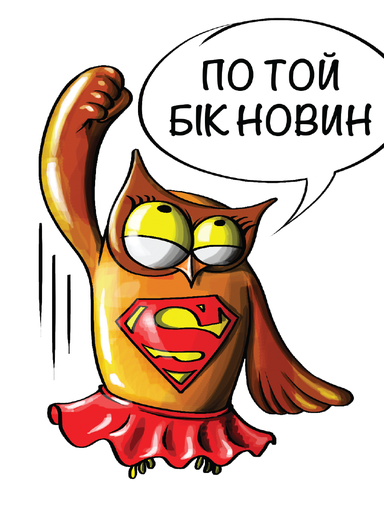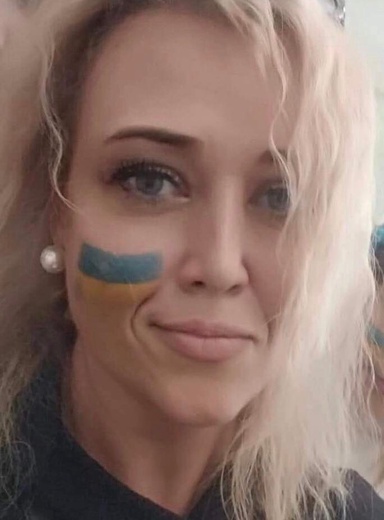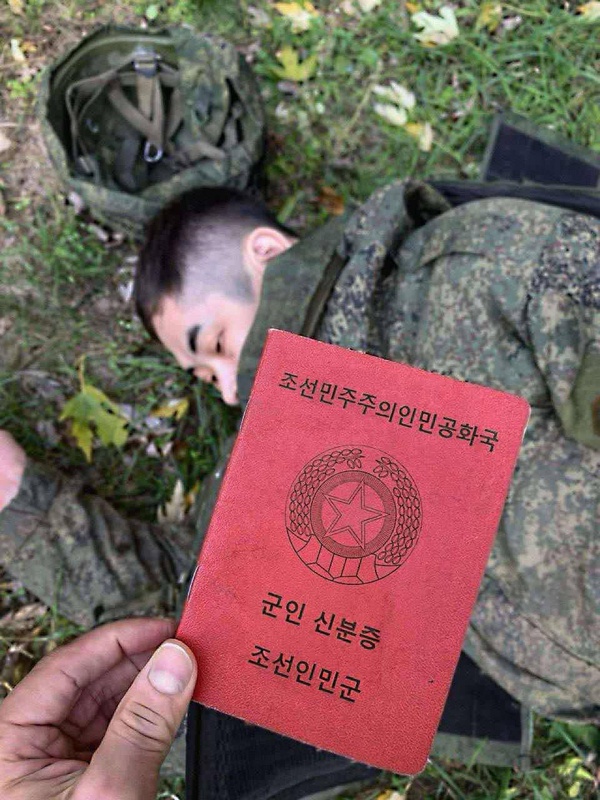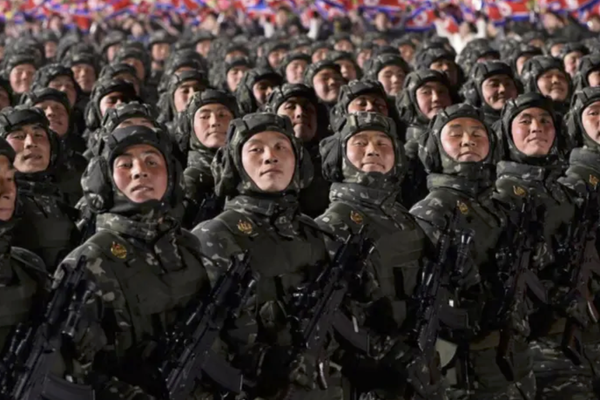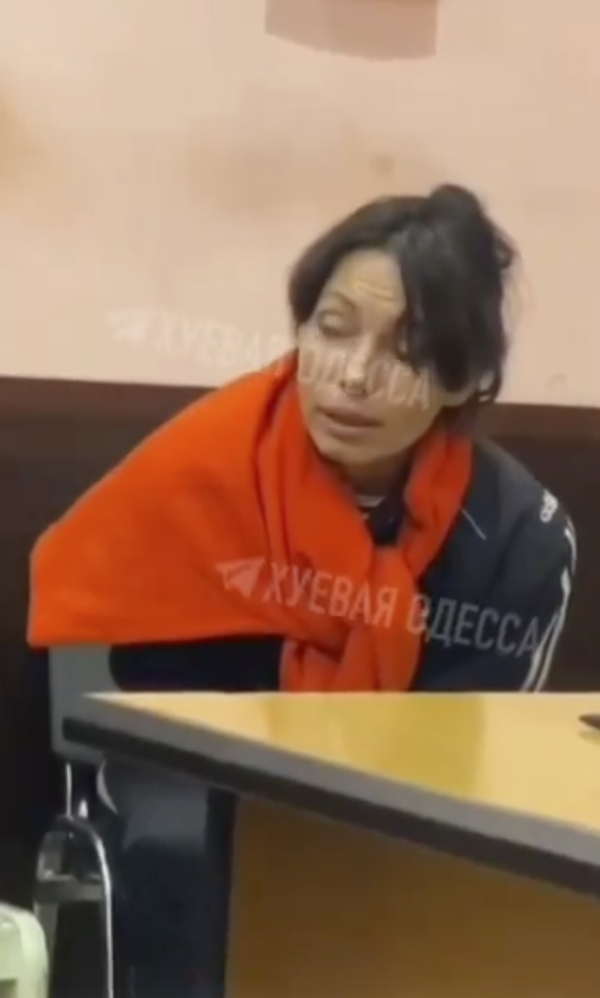Lies about Ukraine in Russian history textbooks
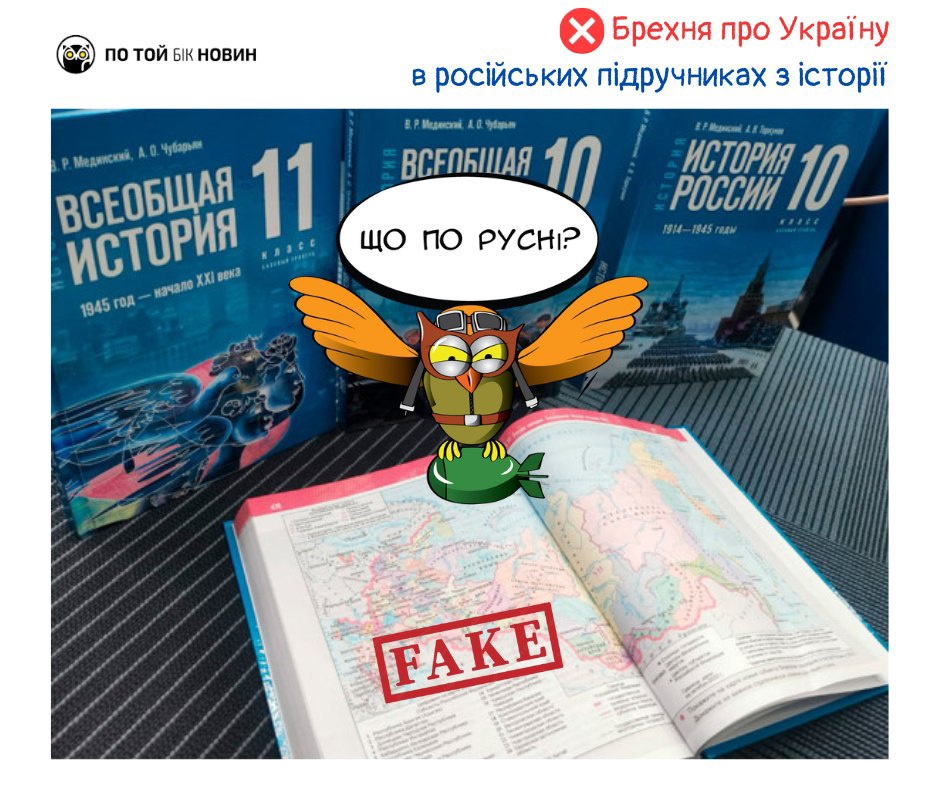
The textbook represents a comprehensive rewriting of the history of the period from 1970 to 2000. It reduces the section on general history while expanding sections related to Asia, Africa and Latin America. A total of 17 paragraphs are dedicated to the war in Ukraine, with their content echoing many of the narratives propagated by russian propaganda concerning the full-scale russian invasion of Ukraine.
One characteristic of russian propaganda found in the textbook is the attempt to attribute actions specific to russia to Ukraine itself.
For instance:
“Today, any dissent in Ukraine is harshly persecuted; the opposition is banned, and everything russian is declared hostile.”
The negative attitudes towards russia and russian culture in Ukraine stem from the occupation of part of Ukrainian territory and the war waged against the Ukrainian people. Before 2014, most Ukrainians didn’t harbor negative sentiments toward russia. Although there were some reasons for such sentiments, they were primarily limited to narrow intellectual circles.
“Ukraine is an ultranationalist state.”
The promotion of the “big brother” thesis is actively carried out by the russians. Ultranationalism in russia is also manifested in the manner in which russian propaganda fosters a sense of superiority among russians in their collective consciousness vis-à-vis other nations and countries. Even the russian journalist Yuliya Latynina, who has, at times, propagated imperial narratives herself, states that “putin’s philosophy is straightforward: russians are a superior race, and those who disagree with this are Nazis.”
One of the reasons cited for the full-scale invasion of Ukraine in the textbook by the authors is decommunization.
The authors emphasize that this commenced with the “complete removal of monuments linked to the USSR,” followed by the destruction of anything “connected to russia” in any way. The same passage in the textbook labels Ukraine’s independence as “so-called.”
It is worth noting that partial decommunization has not been limited to Ukraine alone, as it has also been implemented in russia since 1991. In this way, Leningrad was renamed St. Petersburg and Sverdlovsk - Yekaterinburg, among other examples.
In 2011, russia introduced the program “On perpetuating the memory of the victims of the totalitarian regime and national reconciliation,” which included renaming geographical locations.
However, the situation shifted with russia’s annexation of Crimea and its preparations for a full-scale invasion of Ukraine.
The “Law on Decommunization,” passed in 2015, prohibited not only soviet symbols but also those associated with German National Socialism – a fact often overlooked by russian propagandists.
Regarding this year’s decolonization law, it serves as a response to russia’s full-scale invasion of Ukraine and the extensive prohibition of Ukrainian symbols and language in the occupied territories.
The law defines legal terms connected to russia’s imperial policies and its propaganda. russian imperial policy is explicitly condemned, and the dissemination of russian propaganda is prohibited. This prohibition encompasses all forms of russian statehood, from the moscow kingdom to the russian federation, including the USSR.
The textbook also mentions putin’s assertion that russia didn’t initiate the hostilities, placing the blame on Ukrainian nationalists.
This is a lie. It’s a well-established fact that Russia annexed Crimea in 2014, and a group of russian citizens led by “igor strelkov” began fighting in the Donetsk Region.
The central thesis asserted in the textbook is that “the West has flooded the Ukrainian regime with financial aid and weapons” and imposed unlawful sanctions on russia. Moreover, the textbook characterizes the United States as “the principal beneficiary of the war in Ukraine.”
It was russia that was meant to act as the guarantor of Ukraine’s territorial integrity according to the Budapest Memorandum, but instead, it occupied a portion of Ukraine’s territory.
The support from the United States and other allies, along with the sanctions against russia, are a reaction to the full-scale invasion.
Furthermore, the textbook advises students to exercise caution when encountering online information about hostilities since “the global industry involved in the production of fabricated videos, false news, and manipulated photos functions like an uninterrupted conveyor belt.”
As the saying goes, “it’s a case of putting a sick head on a healthy one,” and this is precisely the strategy employed by russian propaganda. An investigation conducted by journalists from the German media outlet DW illustrates how russian propaganda manufactures fake stories masquerading as content from Western media outlets such as the BBC, CNN, or DW.
In conclusion, the new textbook is seen as another element of propaganda aiming to rationalize russian aggression against Ukraine ![]()

